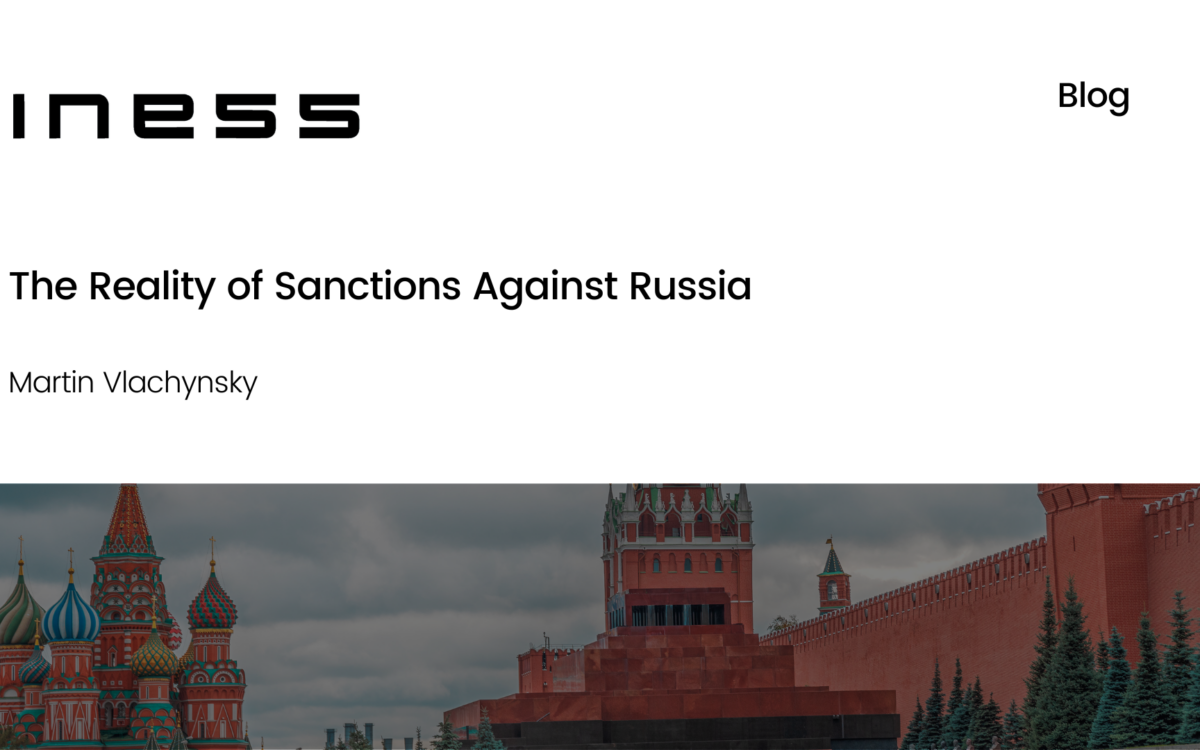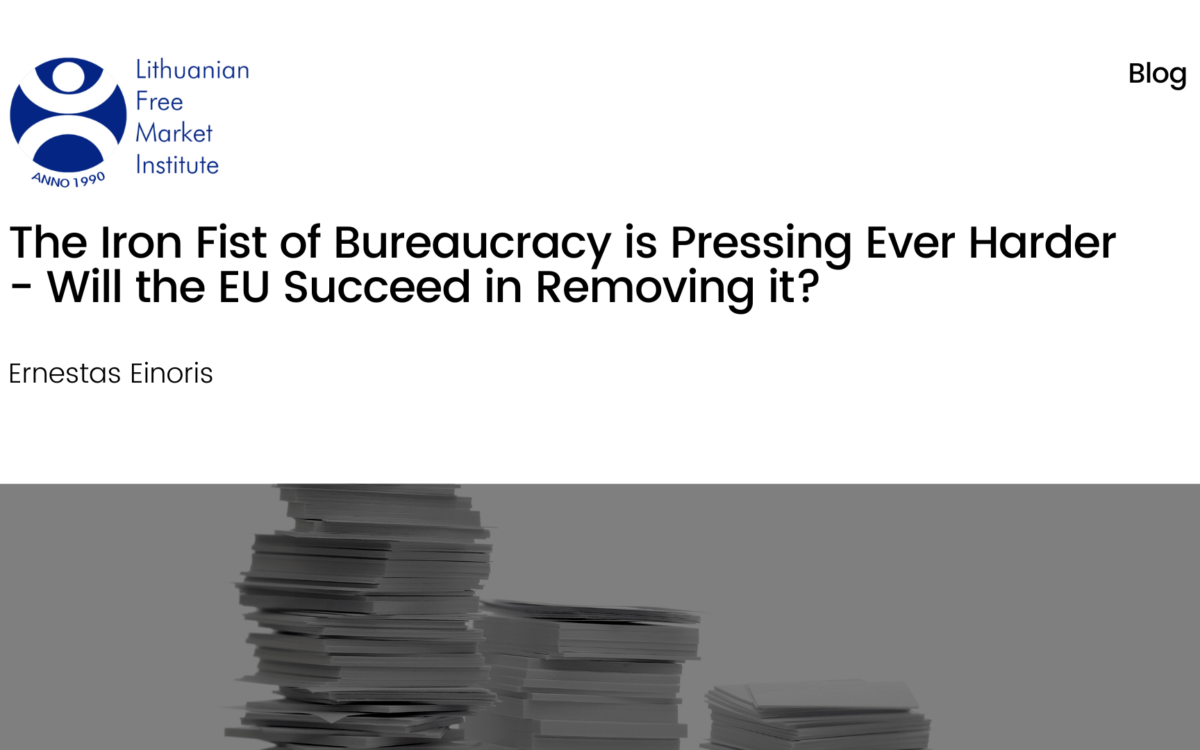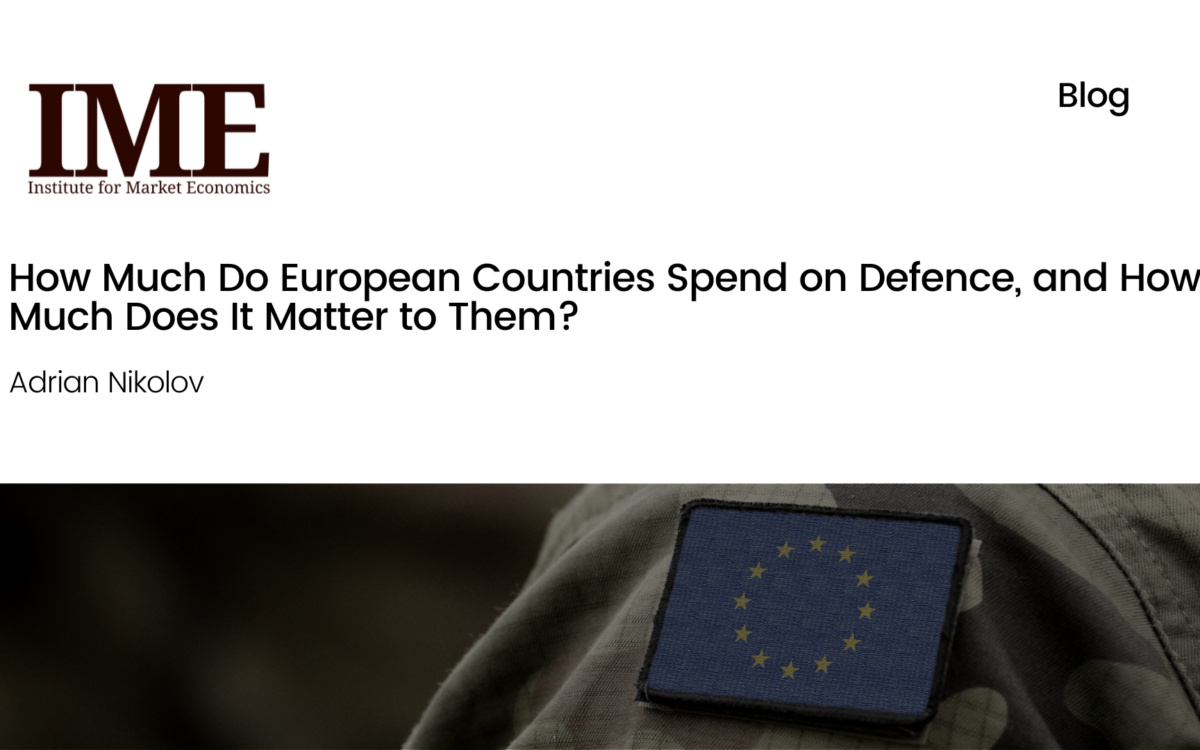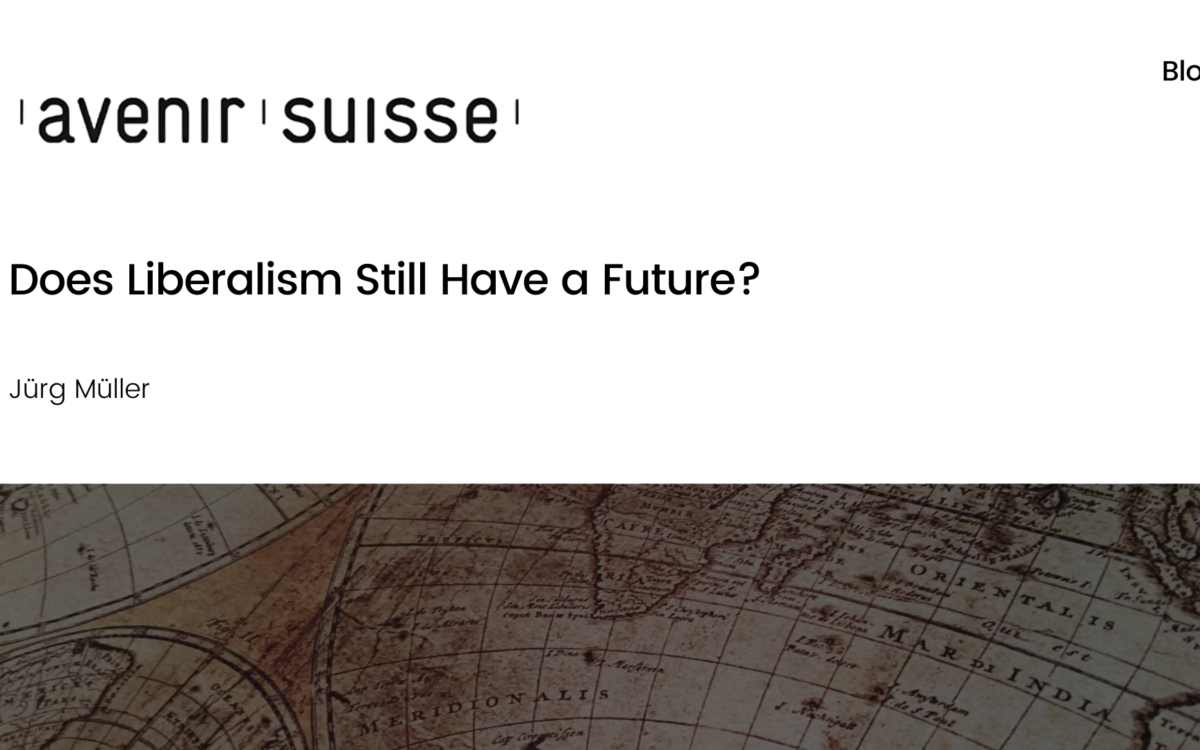The Cap and the Struggle for Development Policy Coherence
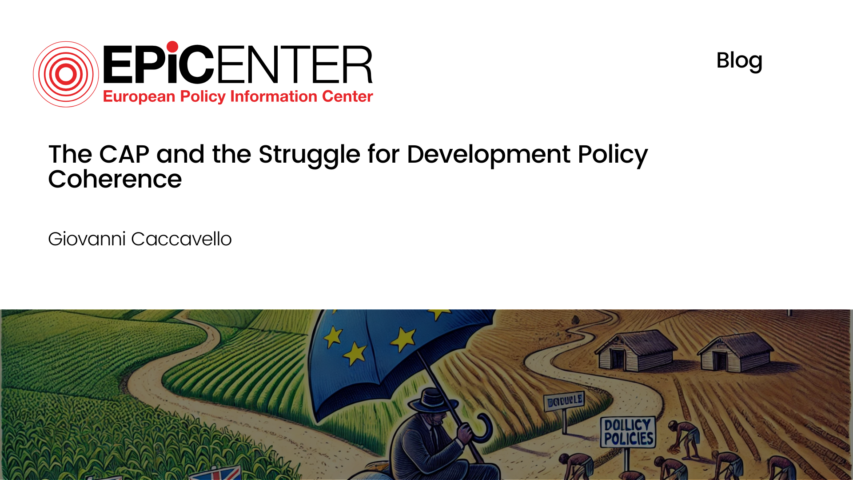
The Cap and the Struggle for Development Policy Coherence
Giovanni Caccavello, Research Fellow at EPICENTER // 01.12.2016
Since the 1992 MacSharry reform, the Common Agricultural Policy (CAP) has undergone substantial changes. However, despite a noticeable move towards less market- and trade- distorting policies, the post-2013 CAP continues to harm farmers in developing countries by subsidising agricultural production in the EU. This is a criticism often made of EU agricultural policy outside Europe, and it was raised during the Brexit debate.
Whilst there is much substance to these criticisms, there can be no denying the progress made on CAP by the EU over the last three decades.
According to the latest OECD figures (2016), Producer Support Estimates (PSE) as a share of Gross Farm Receipts (GFR) for EU agriculture have fallen from 39 per cent in 1986 to 19 per cent in 2015. At the same time, total support to the farm sector as a percentage of GDP has decreased from 2.66 per cent to 0.70 percent (see Graph 1). More importantly, the share of trade-distorting support has fallen dramatically, too. This is reflected in the decline of the Nominal Protection Coefficient for EU agriculture, which has dropped from 1.68 in 1986 to 1.06 in 2015.
Graph 1: Total Support Estimate (TSE) to the farm sector as % of GDP in selected OECD countries between 1986 and 2015 – OECD Database 2016
Still, there is no room for complacency. The latest OECD figures confirm that progress has stalled over the last half-decade and that, when compared to other OECD countries such as Australia, Canada, New Zealand and the United States, EU farms remain disproportionately dependent on public support. Moreover, as Matthews (2014) highlights, the post-2013 CAP retains a number of protectionist features – such as, above all, high external tariffs – which can still harm developing countries.
On top of that, it is important to notice that even the EU’s most fundamental step towards less distortive trade, the Single Farm Payment, an agricultural subsidy which provides direct income support to farmers with no production required and which now accounts for over 50% of the EU’s total agricultural support, remains highly controversial. As Sean Rickard (2016) has written for the Institute of Economic Affairs, decoupling was largely a response to political pressures and the impeding accession before 2004 of comparably poor central and eastern European countries with large agricultural sectors.
These almost-fully-decoupled-payments not only have transformed the CAP’s paradigm into a regime of multifunctional regulations, but they also seem to have stimulated production through other, secondary, coupling channels, which include risk, uncertainty, imperfect credit markets, land and labour markets and farmer’s expectations about future payments (Key and Roberts, 2009; O’Toole and Hennessy, 2015). Thus, although “decoupled”, these payments remain somewhat trade distortive.
Agricultural support in high-income countries critically affects agricultural producers in developing nations, particularly the least developed ones. Subsidies to agricultural producers and other border measures, such as high tariffs and non-tariff barriers, protect many subsidised agricultural sectors by artificially lowering production costs and making imports uncompetitive.
Two recent studies that take into account the effect of CAP on developing countries and international trade corroborate these arguments and suggest that future reforms of the CAP should be aligned with the European institutions’ commitment to global development goals.
On the one hand, Urban et al. (2016), who introduce 21 alternative databases in their analysis, suggest that removing EU domestic support payments could have beneficial effect in many countries, both rich and poor, at minimal cost. In particular, this paper illustrates that both net-exporting countries and net-importing countries would see their export share to the EU increase. The agricultural sector of least developed countries (LDCs) is likely to particularly benefit from liberalisation.
Similarly, Boysen et al. (2015), who focus specifically on Uganda, an LDC with a high share of agriculture in GDP and a high share of agri-food exports in total exports, demonstrate that eliminating EU agricultural support would have a clear, small, but positive impact on both the Ugandan economy and its poverty indicators.
Thus, by – crucially – reducing current high tariffs on agricultural products and abolishing support to farmers, the EU would do a great deal of good for global development.
On June 26th, 2016, a resolution by the European Parliament on the EU 2015 Report on “Policy Coherence for Development” stated that MEPs called for an evaluation of the impact of price subsidies on exports, tariffs and trade barriers for developing countries.
While export subsidies in agriculture were finally abolished by the EU following a World Trade Organisation agreement reached on December 19th 2015 in Nairobi; tariffs and trade barriers for developing countries remain too high and stand in stark contrast with the overall objective of European development cooperation. Article 208 of the Lisbon Treaty defines such cooperation as follows: “The Union’s development cooperation policy shall have as its primary objective the reduction and, in the long term, the eradication of poverty. The Union shall take account of the objectives of development cooperation in the policies that it implements which are likely to affect developing countries”.
For this reason, as the debate on modernisation of the CAP gathers pace, every proposal for future EU agricultural reforms that focuses both on a higher degree of liberalisation and on the detrimental effect of current CAP policies on developing countries should be welcomed by European policy-makers. As Heinz Strubenhoff — World Bank Group — writes, it took more than 20 years for the EU to officially abolish the bad practice of export subsides. Now, following the Nairobi agreement, we must hope that it will not take that long to understand that direct support for farmers in developed countries undermines fair trade and economic growth in the developing world.
EPICENTER publications and contributions from our member think tanks are designed to promote the discussion of economic issues and the role of markets in solving economic and social problems. As with all EPICENTER publications, the views expressed here are those of the author and not EPICENTER or its member think tanks (which have no corporate view).

